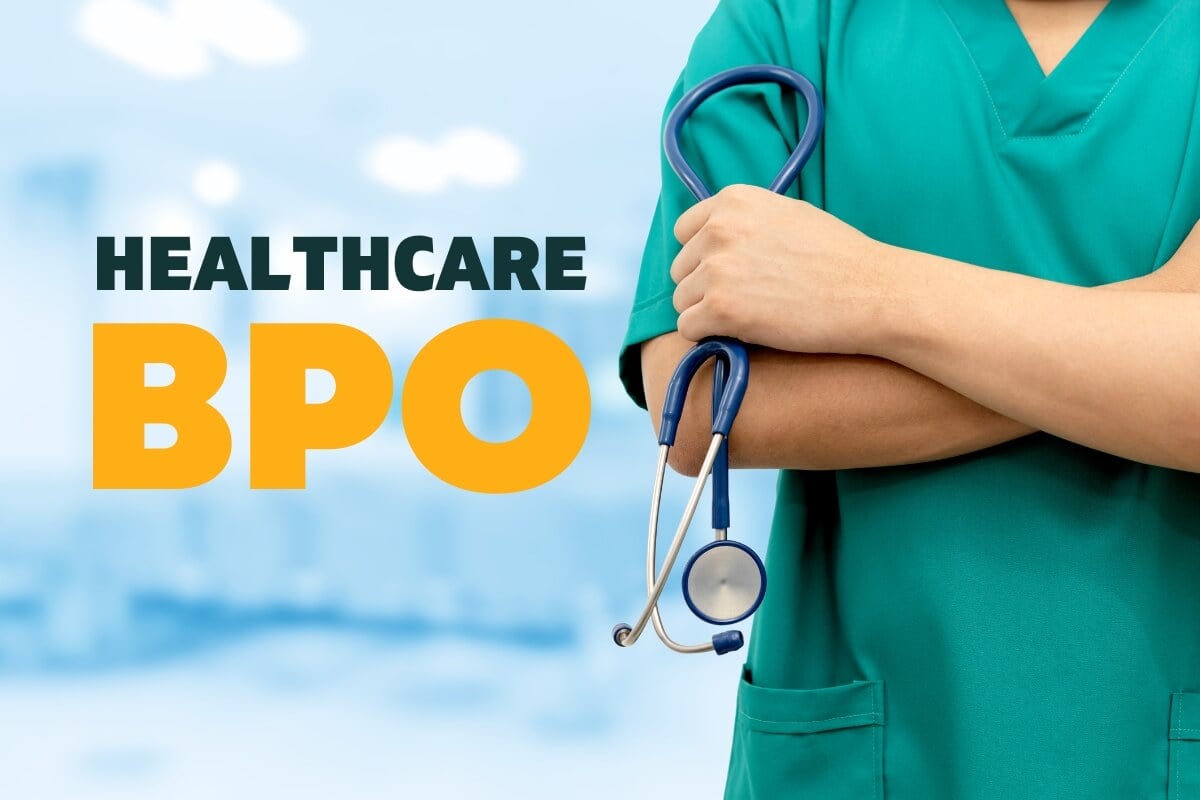The Significance of Healthcare RCM in Enhancing Capital and Efficiency
The Significance of Healthcare RCM in Enhancing Capital and Efficiency
Blog Article
Discover How Medical Care RCM Processes Transform Administrative Tasks Into Seamless Workflow
In the ever-evolving landscape of health care, Earnings Cycle Monitoring (RCM) processes have arised as a crucial force in transforming management tasks right into smooth procedures. By taking advantage of advanced innovation and refined methods, RCM offers an innovative technique to taking care of patient enrollment, billing, and declares handling. The answers to these questions are vital for recognizing the future of health care administration.
Understanding Medical Care RCM
Income Cycle Monitoring (RCM) in health care is an essential procedure that guarantees the economic health of medical organizations by managing the whole lifecycle of patient service income. It incorporates different management and clinical features, starting from the initial organizing of a medical visit to the eventual collection of repayment for solutions made. Healthcare RCM. RCM is critical in taking care of the intricacies of payment and compensations, making certain that medical care companies receive payment for their services efficiently and accurately
An extensive understanding of RCM involves recognizing the several parts that make it successful. Key facets include client scheduling, insurance coverage confirmation, fee capture, case submission, and settlement posting. Each of these elements needs precise attention to information and robust systems to minimize mistakes that might lead to earnings loss. Additionally, RCM is not entirely regarding economic collections; it likewise aims to enhance person complete satisfaction by reducing payment mistakes and enhancing openness.
The efficiency of RCM is contingent upon the seamless integration of technology and personnel experience. Using advanced software application options makes it possible for medical care institutions to automate repetitive jobs, consequently reducing management worries. Additionally, trained personnel are vital in browsing regulative requirements and payer plans, guaranteeing compliance and enhancing earnings recovery.
Improving Client Enrollment
Improving person registration is a basic action in enhancing the effectiveness of healthcare income cycle management. It involves optimizing the preliminary communication between clients and doctor to ensure a smooth information collection procedure. Trick elements include the precise capture of client demographics, insurance verification, and approval purchase. By digitizing these procedures through integrated electronic health and wellness records (EHR) systems, health care facilities can minimize mistakes, reduce documentation, and quicken individual throughput (Healthcare RCM).
Automated systems assist in verifying insurance qualification in real-time, which not just minimizes management concerns but also boosts person satisfaction by stopping unexpected billing issues. Additionally, pre-registration procedures allow individuals to complete kinds online before their visit, lowering wait times and enabling personnel to concentrate on more facility jobs. This proactive method guarantees that all needed information is collected and verified prior to treatment is given, therefore protecting against hold-ups in succeeding invoicing and asserts processes.
Training team to use these systems successfully is crucial. It ensures that data entrance is precise and constant, promoting a smooth change from client registration to various other earnings cycle processes. Eventually, simplifying patient registration lays the structure for a more reliable, patient-centered medical care distribution model.
Efficient Billing Solutions
Efficient billing services are integral to enhancing health care revenue cycle administration. They work as the foundation for making sure prompt and precise monetary deals in between individuals, health care carriers, and insurance coverage companies. By leveraging innovative modern technology and streamlined processes, health care facilities can substantially minimize payment mistakes, lessen delays, and enhance cash flow. Carrying out durable payment systems facilitates specific cost capture, making certain all solutions rendered are accounted for and billed properly. Automation devices can reconcile billing information with professional documents, lowering inconsistencies and protecting against case denials.
Furthermore, reliable billing remedies empower health care carriers to supply transparent pricing and invoicing info to people, fostering trust and enhancing person fulfillment. Real-time payment systems allow health care team to offer prompt responses on person qualification and out-of-pocket expenses, enhancing the overall individual experience. These remedies likewise enable seamless combination with digital health records (EHR), making certain that invoicing and medical info remain in sync, decreasing administrative concerns on doctor.
Integrating reliable billing remedies into the earnings cycle monitoring structure not just enhances functional efficiency yet additionally strengthens financial performance. By reducing mistakes, increasing settlement cycles, and boosting person communication, health care companies can concentrate a lot more on supplying top quality treatment while keeping economic sustainability.
Optimizing Insurance Claims Processing

In the realm of medical care revenue cycle administration, optimizing insurance claims processing is important for maintaining economic health and wellness and operational efficiency. A structured cases procedure minimizes the time in between solution delivery and settlement, therefore boosting cash money flow and decreasing the possibility of errors. Efficient claims processing begins with accurate documentation and coding, which are important to make sure that insurance claims are sent without discrepancies that can lead to delays a knockout post or rejections.
Leveraging advanced technology, such as automated cases monitoring systems, can considerably boost the performance of this process. These systems are made to automate repetitive tasks, track insurance claims with each phase, and flag potential concerns early. This not only reduces the management burden on team but also raises the accuracy of submissions by minimizing human mistake.

Enhancing Earnings Collection

Moreover, denial administration plays a vital function in optimizing profits collection. Recognizing patterns in claim denials, understanding source, and applying restorative actions can dramatically lower reoccuring problems, consequently improving cash money flow. Companies need to buy durable analytics tools that facilitate detailed reporting and analysis, permitting them to rectify and deal with rejection trends without delay.
Prompt follow-up on outstanding cases is one more essential facet of profits collection. Establishing a methodical approach to keep an eye on and go after aged accounts ensures that no income is left unclaimed. Employing dedicated staff or automated systems to track these cases can improve performance and make sure consistent money inflows.
Conclusion
Medical Care Profits Cycle Monitoring (RCM) procedures considerably enhance management effectiveness by integrating advanced technology and human competence (Healthcare RCM). The automation of person registration, invoicing, and asserts processing decreases mistakes and speeds up cash money circulation, inevitably read this boosting client satisfaction through real-time insurance verification and transparent invoicing. By making sure seamless functional flow, RCM allows doctor to focus on high quality care while optimizing income recuperation and maintaining economic stability, thus transforming management tasks right into efficient, streamlined procedures
Revenue Cycle Administration (RCM) in medical care is a vital procedure that makes sure the economic wellness of medical establishments by looking after the whole lifecycle of individual service earnings.Streamlining patient registration is a fundamental action in enhancing the efficiency of health care earnings cycle administration. It involves enhancing the preliminary interaction in check my reference between individuals and medical care suppliers to make sure a smooth information collection procedure.Furthermore, efficient billing services equip health care carriers to offer clear prices and payment details to patients, fostering trust and improving patient fulfillment. Real-time billing systems enable health care personnel to supply instant feedback on individual qualification and out-of-pocket costs, enhancing the total person experience.
Report this page